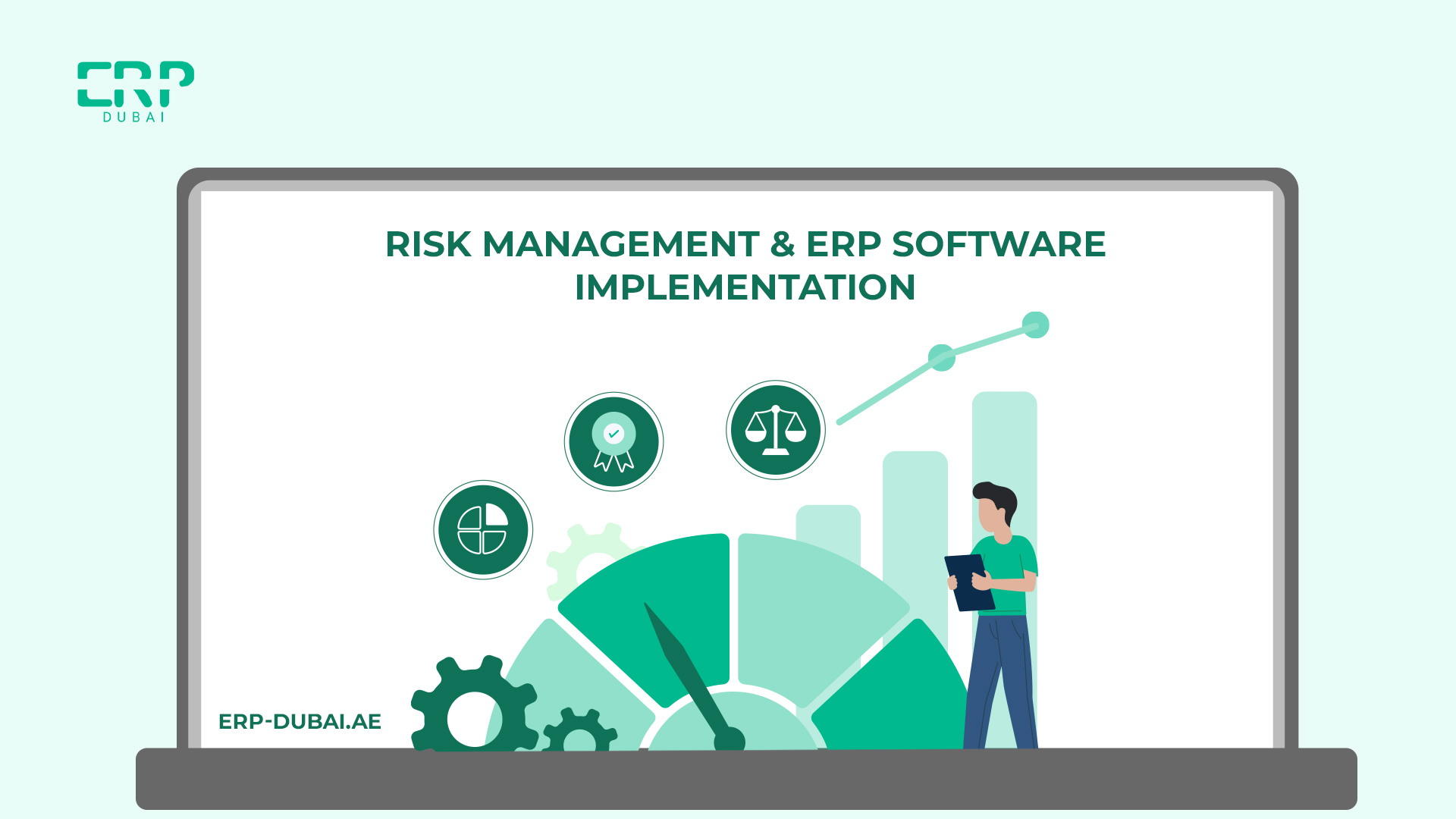Let me tell you a story. It’s a story many business owners will recognize – a tale of ambition, growth, and the creeping fear that one wrong step could unravel everything. My business, let’s call it “Global Widgets Inc.” (because every business has its widgets, right?), started small. A garage, a big dream, and a relentless work ethic. We grew, we hired, we expanded, and with every milestone, a new layer of complexity seemed to appear.
One of those complexities, the one that used to keep me up at night, was business compliance.
The Labyrinth of Rules: My Pre-ERP Nightmare
When Global Widgets Inc. was just a sapling, compliance was manageable. A few local permits, basic tax filings, and a handshake agreement here and there. But as we branched out, selling across state lines, then internationally, the regulatory landscape became a terrifying labyrinth.
Suddenly, I wasn’t just worried about making a profit; I was grappling with:
- GDPR, CCPA, and a dozen other data privacy acronyms: How do I ensure my customer data is handled ethically and legally in every region?
- SOX (Sarbanes-Oxley) and other financial reporting mandates: Are my books auditable? Can I prove every transaction is legitimate?
- Industry-specific regulations: For us, it was about product safety and quality standards that varied wildly from one market to another.
- Environmental regulations: Are we disposing of waste properly? Is our supply chain sustainable and traceable?
- Labor laws: Payroll, working conditions, equal opportunity – each a minefield if not navigated carefully.
I remember those nights, hunched over spreadsheets, cross-referencing legal documents, trying to manually track every single policy, procedure, and piece of evidence. My "compliance system" was a chaotic mix of sticky notes, overflowing filing cabinets, and the constant, nagging fear that I’d missed something crucial. One misplaced document, one forgotten deadline, one unintentional breach – and it could mean hefty fines, reputational damage, or even legal action. It was unsustainable, stressful, and frankly, a massive drain on my energy and focus.
A Beacon in the Fog: Discovering ERP Compliance Tools
My wake-up call came during a particularly brutal audit. We passed, thankfully, but the process was agonizing. It highlighted just how much time and manual effort we were pouring into simply proving we were compliant. That’s when a consultant, seeing my exhausted face, casually mentioned, "You know, an ERP system with strong compliance features could handle all this for you."
ERP. Enterprise Resource Planning. I knew the term, of course. It was that big, integrated software suite that managed all aspects of a business – finance, HR, inventory, sales. But the "compliance tools" aspect? That was a revelation.
Think of an ERP system as the central nervous system of your business. It connects all your departments, processes, and data. Now, imagine that central nervous system also has built-in "compliance guardians" – automated watchdogs that ensure everything running through it adheres to the rules.
My ERP Guardian Angels: Key Features That Changed Everything
When we finally implemented an ERP system with robust compliance features, it felt like someone had handed me a compass and a map in that regulatory labyrinth. Here are the features that became my true business guardians:
-
Automated Audit Trails & Reporting: This was a game-changer. Every single transaction, every data modification, every user action – it’s all logged, time-stamped, and attributed. When an auditor comes knocking, instead of scrambling for documents, I can generate comprehensive reports at the click of a button, showing exactly who did what, when, and how it aligns with our policies. It’s irrefutable proof, ready on demand.
-
Access Control & Segregation of Duties (SoD): Before ERP, I worried constantly about internal fraud or errors. Could one person approve a payment, then also release it? Could someone manipulate inventory records without oversight? ERP systems allow you to meticulously define user roles and permissions. It automatically enforces "segregation of duties," meaning no single person has unchecked control over a critical process. This significantly reduces the risk of fraud and errors, making compliance with financial regulations much easier.
-
Data Privacy & Security Modules: With data breaches making headlines daily, protecting customer and company data is paramount. Our ERP now helps us manage consent, track data usage, and anonymize or delete data as required by regulations like GDPR and CCPA. It provides a secure environment for sensitive information and helps us demonstrate our commitment to data privacy.

